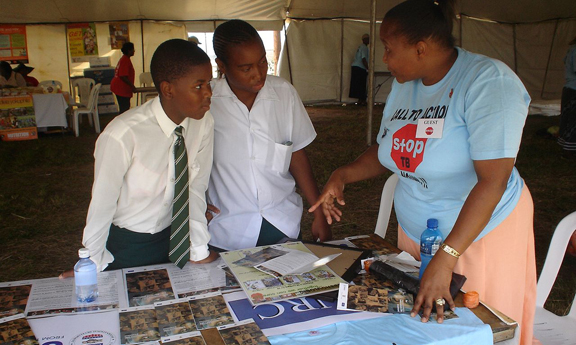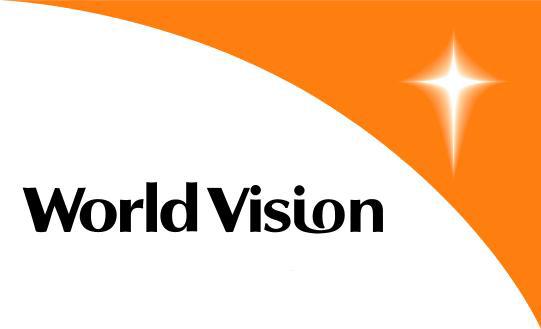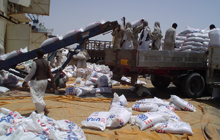David spends a good portion of his book highlighting the massive problem of HIV/AIDS in Africa. He includes the difficult story of Happiness, who lives in Kisumu, Kenya, as just one example of the millions who are suffering from this deadly disease:
My name is Happiness. I am now thirteen years old. I was born in Kisumu City, next to the shores of Lake Victoria. I remember my early days when I would swim and fish in the dark blue waters of Lake Victoria. Sometimes I thought that the lake was the biggest gift that Mother Nature has given to the people of western Kenya and East Africa as a whole. My papa was a fisherman, and Mama would wait for the fishermen to come back in the morning from an all-night fishing trip, and she would get the fish and rush to the market. I watched and participated in this with great joy. In western Kenya standards, I would say my papa was a rich man. We could afford new clothes every Christmas and school fee and three square meals in a day. I knew there were poor people around us. Some neighbors could come to borrow salt, money, and food from my mama. She was kind. She always gave cheerfully. Then suddenly, Papa was no longer going to work. He spent his days in bed in the house. Mama was the only one working. Papa grew thinner and thinner. Mama worked harder and harder. Papa passed away after a long battle with sickness. By that time Mama was also very ill. In Africa we believe nobody dies without a reason. People said it was my papa’s business rivals who had bewitched him. As if that was not enough, Mama also fell sick and died. It was the saddest day of my life—both my parents dead in a span of six months. I was only six years old. That was many years ago. But the pain still lingers. I still hate death. I thought I was the only one who hates death in my village, but I’m not. We all fear death because it robs us. In East Africa, many of us are orphans as a result of the death of our parents. When death strikes, we feel it more than anyone, for we know what it has done to all of us. This Christmas, I will not be getting a gift from my mama or papa. They are so silent in the grave. Before they went away, I was sure of Christmas gifts and three meals in a day, new clothes, respect, and love. Today, I am just another statistic. They call us African orphans, orphaned as a result of AIDS. Death is a criminal. Whether it comes through a road accident or a sickness, it is a robber. To us in Kenya, we will never forgive death for taking away our parents and loved ones. (Chapter 4)
Sadly, HIV/AIDS is not only a physical diagnosis—it also brings with it devastating social consequences. The stigma associated with HIV/AIDS is so powerful that many are shunned by all friends and family. They become “untouchable.” As Davis argues, this is where Christians come in:
We are God’s hands. What God cares about, we ought to care about. No matter how poor, no matter how down and out, no matter how untouchable people are, as Christ-followers we are to reach out to them (just like Kari and her team) with compassion. We are to do the work Jesus commands us to do—feed the hungry, heal the sick, provide shelter for the homeless. (Chapter 4)
This crisis is staggering. Consider a few of the statistics Davis includes in this chapter:
- AIDS has killed over 25 million people since the first case in 1981.
- The UN estimates that 39.5 million people are now living with HIV.
- Of those living with HIV, 4.3 million were new infections in 2006.
- There were 2.9 million AIDS deaths in 2006, the highest number reported in any year.
Davis also explains that the HIV/AIDS crisis is affecting almost every country in the world, and it is poised to get even worse. Though he acknowledges the overwhelming nature of this pandemic, he is not without hope:
Okay. Take a breath. Allow yourself to be overwhelmed. That’s a normal response. Our minds can’t comprehend a problem this big. Sure, we can see that it’s horrible. We can feel the waves of sadness and despair pouring out from the hearts of the afflicted. But it’s all too much. Of course it is. It’s too much for me. Too much for you. Too much for any one individual to tackle. But that’s not what I’m asking. That’s not what anyone is asking. … These are real people with real stories. And we are too. This is how we can make a difference. Each of us, through one act of kindness, can play out our own story—one that changes the life of one person in Africa. (Chapter 4)








